In today’s dynamic business landscape, efficient management is paramount for small businesses to thrive. The right software can be the difference between struggling to keep up and experiencing consistent growth. This comprehensive guide delves into the world of small business management software, exploring its various facets, benefits, and how to choose the perfect solution for your unique needs. We’ll cover everything from inventory management and customer relationship management (CRM) to accounting software and project management tools, ensuring you have a clear understanding of how technology can empower your small business.
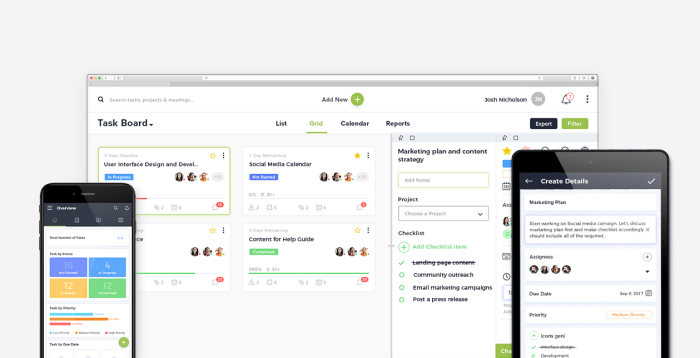
Source: cloudsmallbusinessservice.com
Understanding the Need for Small Business Management Software
Small business owners often wear many hats, juggling tasks like marketing, sales, accounting, and customer service. Without the right tools, this can quickly become overwhelming, leading to errors, missed deadlines, and ultimately, hindering growth. Small business management software centralizes these crucial functions, providing a streamlined workflow and freeing up valuable time for strategic decision-making. This improved efficiency translates directly to increased productivity and profitability.

Source: bdtask.com
Key Benefits of Utilizing Small Business Management Software
- Improved Efficiency: Automate repetitive tasks, reducing manual workload and human error.
- Enhanced Productivity: Streamline workflows, allowing for better time management and focus on core business activities.
- Better Data Management: Centralize data for easy access and analysis, improving decision-making.
- Increased Collaboration: Facilitate seamless communication and collaboration among team members.
- Reduced Costs: Minimize operational expenses through automation and improved efficiency.
- Scalability: Adapt to your business’s growth without significant disruptions.
- Improved Customer Relationships: Enhance customer service and build stronger relationships through better communication and data management.
Types of Small Business Management Software
The market offers a diverse range of software solutions catering to various business needs. Choosing the right one depends on your specific requirements and budget. Here are some key categories:
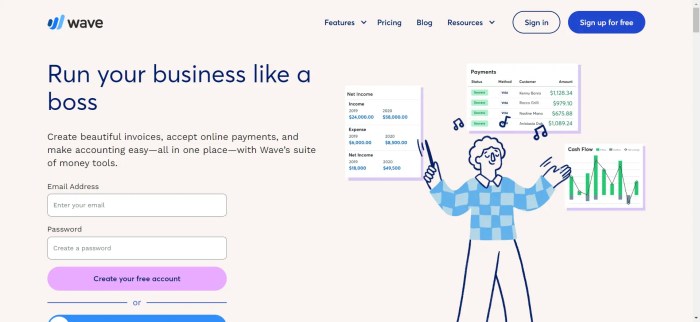
Source: shareecard.com
1. Accounting Software
Essential for managing finances, accounting software handles invoicing, expense tracking, financial reporting, and tax preparation. Popular options include QuickBooks, Xero, and FreshBooks. These solutions offer varying levels of complexity and features to suit businesses of all sizes.

Source: connecteditconsulting.ie
2. Customer Relationship Management (CRM) Software, Small business management software
CRM software helps manage interactions with current and potential customers. Features include contact management, lead tracking, sales pipeline management, and customer support tools. Examples include Salesforce, HubSpot, and Zoho CRM. A robust CRM system can significantly improve customer retention and sales.
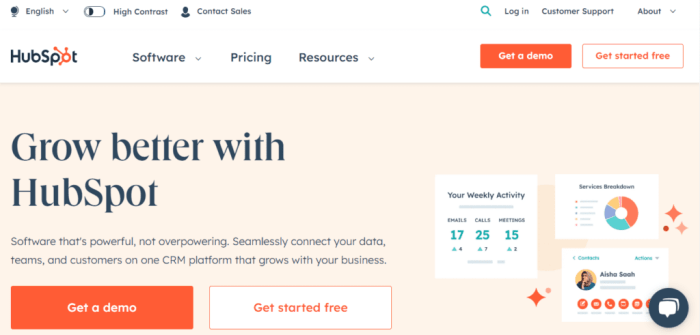
Source: rockethub.com
3. Inventory Management Software
For businesses dealing with physical inventory, this software tracks stock levels, manages orders, and optimizes inventory control. This prevents stockouts and overstocking, leading to cost savings and improved efficiency. Popular options include Sortly, DEAR Inventory, and Cin7.

Source: googleapis.com
4. Project Management Software
This software helps manage projects, tasks, and deadlines, facilitating collaboration among team members. Features include task assignment, progress tracking, and communication tools. Popular choices include Asana, Trello, and Monday.com. Project management software is crucial for maintaining organization and ensuring timely project completion.
5. Point of Sale (POS) Systems
For retail businesses, POS systems manage sales transactions, track inventory, and process payments. Modern POS systems often integrate with other business software, providing a holistic view of business operations. Examples include Square, Shopify POS, and Lightspeed.
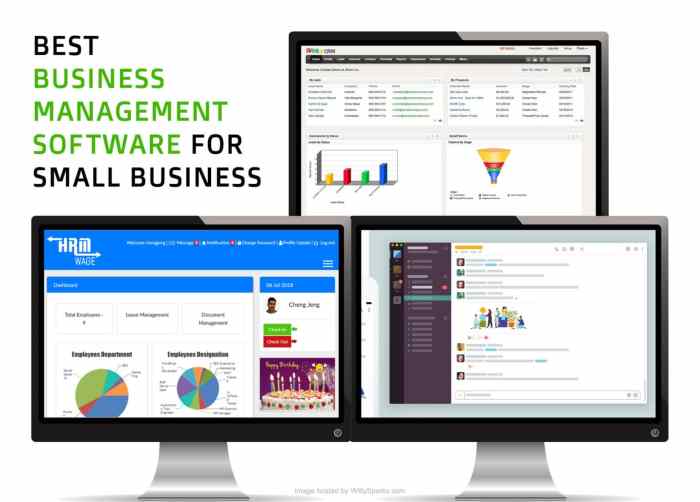
Source: wittysparks.com
6. Human Resource Management (HRM) Software
HRM software helps manage employee information, payroll, benefits, and performance reviews. This streamlines HR processes and ensures compliance with labor laws. Examples include BambooHR, Gusto, and Paychex.
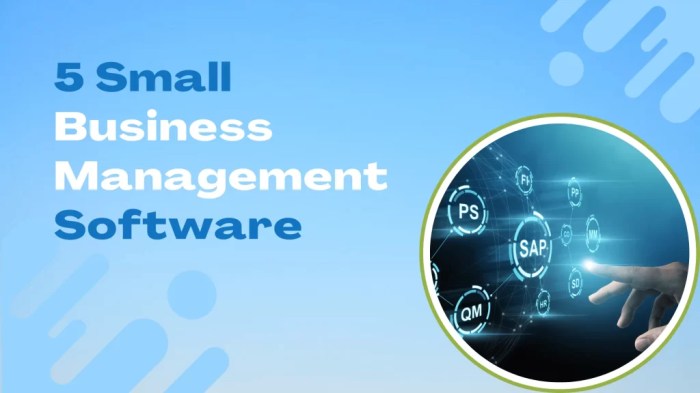
Source: shareecard.com
Choosing the Right Small Business Management Software
Selecting the ideal software requires careful consideration of several factors:
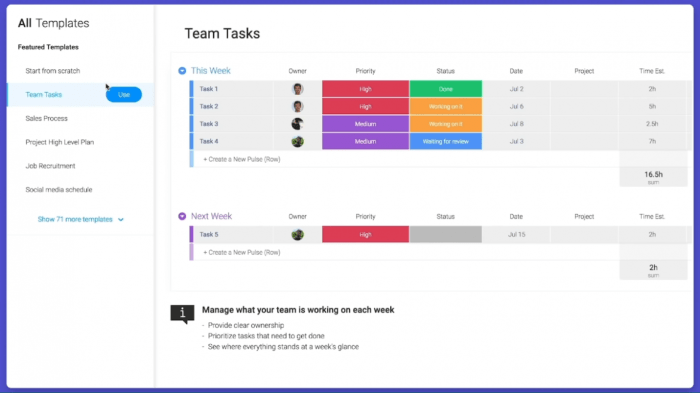
Source: comparecamp.com
- Business Size and Needs: Evaluate your current and future requirements. A small business with limited needs might find a simpler solution sufficient, while a rapidly growing business may require more comprehensive software.
- Budget: Software options range from free to expensive. Consider your budget and choose a solution that offers the best value for your investment.
- Integration Capabilities: Ensure the software integrates seamlessly with other tools you use, such as your accounting software or CRM.
- Scalability: Choose software that can adapt to your business’s growth without requiring a complete system overhaul.
- User-Friendliness: Opt for software with an intuitive interface that is easy for your team to learn and use.
- Customer Support: Look for software providers with reliable customer support in case you encounter any issues.
Implementing and Managing Small Business Management Software
Successful software implementation requires careful planning and execution. Consider these steps:
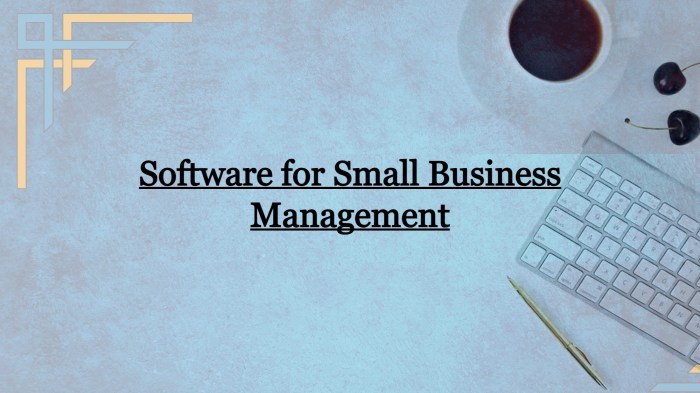
Source: cyberpanel.net
- Data Migration: Carefully transfer your existing data to the new software, ensuring accuracy and completeness.
- Training: Provide adequate training to your team on how to use the software effectively.
- Regular Updates: Keep the software updated with the latest patches and features to ensure optimal performance and security.
- Data Backup: Regularly back up your data to prevent data loss in case of system failure.
- Ongoing Monitoring: Continuously monitor the software’s performance and make adjustments as needed.
Frequently Asked Questions (FAQ)
- Q: What is the best small business management software? A: The “best” software depends on your specific needs and budget. Research different options and compare features before making a decision.
- Q: How much does small business management software cost? A: Costs vary widely depending on the software and its features. Some offer free plans, while others charge monthly or annual subscriptions.
- Q: Is small business management software difficult to use? A: Most modern software is designed to be user-friendly. However, some require a learning curve. Choose software with good documentation and customer support.
- Q: Can I integrate different small business management software solutions? A: Yes, many software solutions offer integration capabilities with other tools. This allows you to create a customized workflow that suits your needs.
- Q: What are the security considerations when using small business management software? A: Choose reputable software providers with strong security measures. Regularly update your software and protect your login credentials.
Conclusion
Investing in the right small business management software is a strategic move that can significantly impact your business’s success. By streamlining operations, improving efficiency, and enhancing data management, these tools empower you to focus on growth and profitability. Take the time to research your options, consider your specific needs, and choose a solution that will help you achieve your business goals.
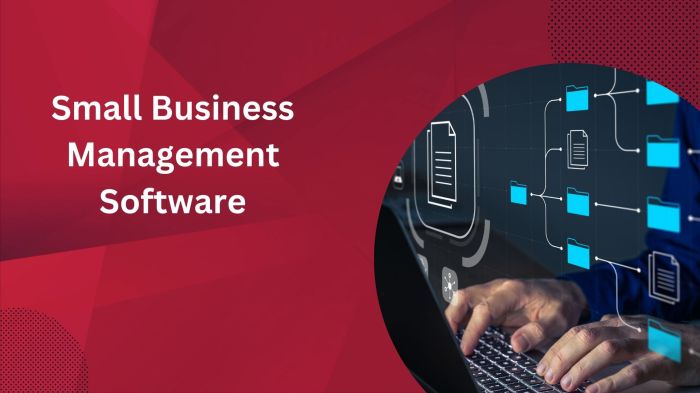
Source: investissue.com
References
Call to Action
Ready to transform your small business with powerful management software? Start exploring the options today and unlock your business’s full potential!
FAQ Section
What are the common features of small business management software?
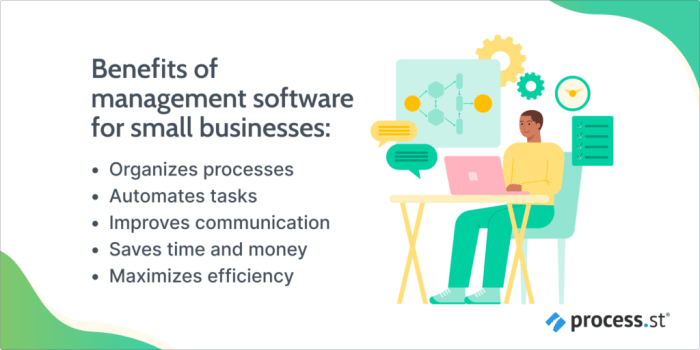
Source: process.st
Common features include accounting and invoicing, CRM, inventory management, project management, and reporting dashboards. Specific features vary depending on the software and chosen plan.

Source: cloudfront.net
How much does small business management software cost?

Source: comparecamp.com
Pricing varies greatly depending on the features, scalability, and provider. Many offer tiered subscription models, with options ranging from free plans with limited features to more comprehensive paid subscriptions.
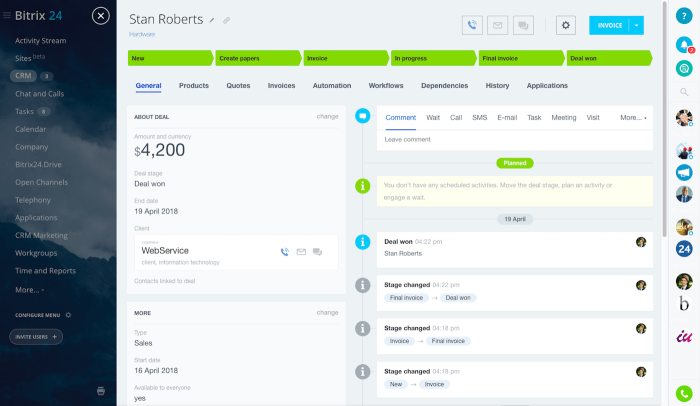
Source: bitrix24.com
Is small business management software difficult to learn?
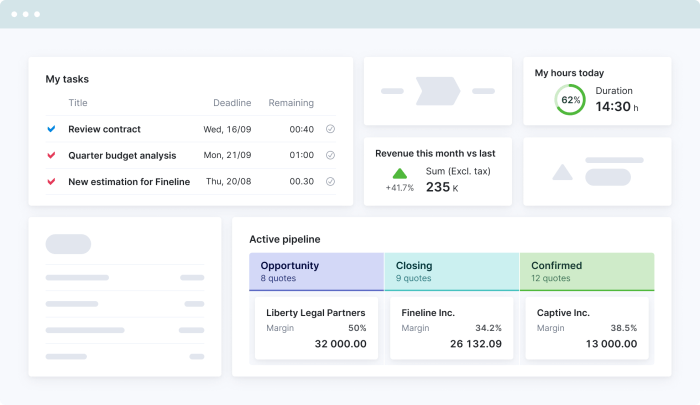
Source: scoro.com
Most software prioritizes user-friendliness and offers tutorials and support resources. The learning curve varies depending on the complexity of the chosen software and prior experience with similar tools.
Can I integrate my existing software with small business management software?

Source: daysmart.com
Many platforms offer integration options with popular accounting, CRM, and e-commerce platforms. It’s important to check the specific integration capabilities before choosing a software solution.
